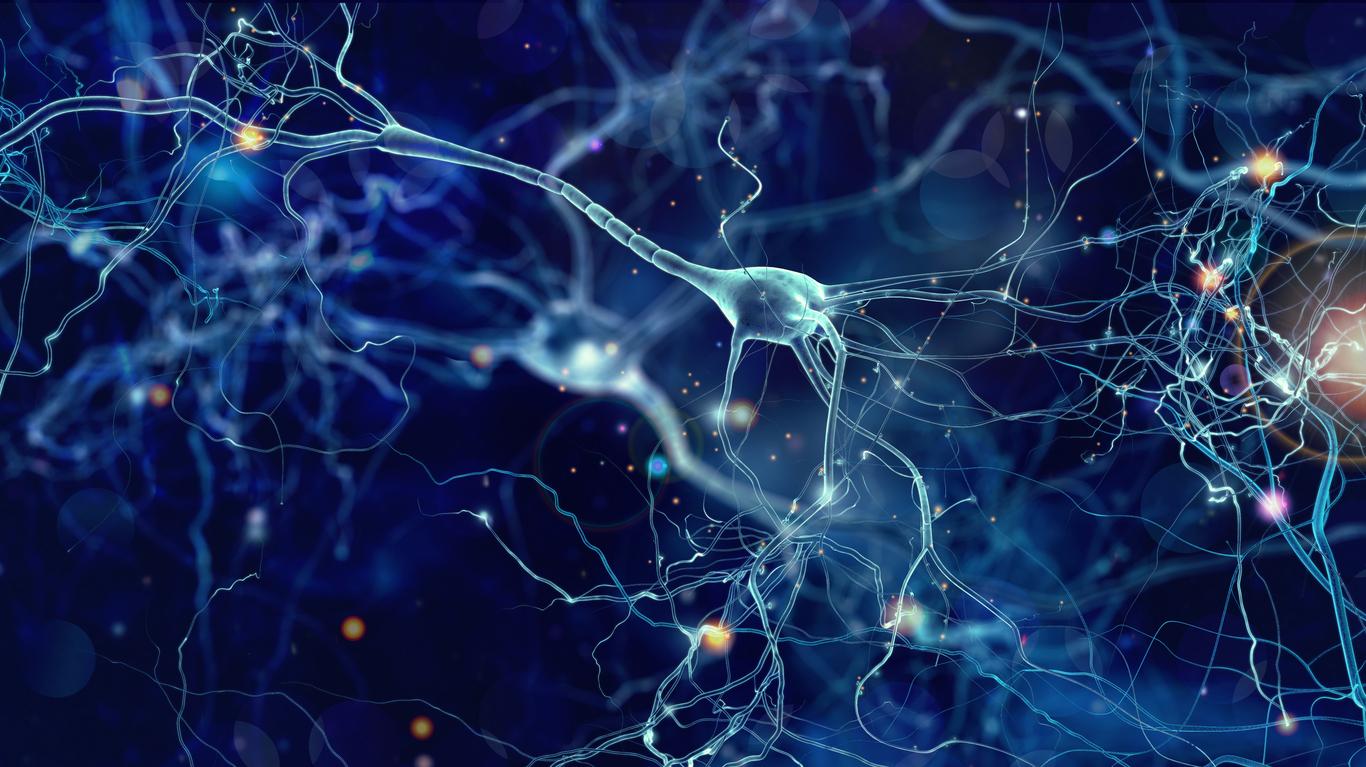
March 12, 2010 – Losing weight is a lifelong and complex struggle for millions of women and men. Three experts met recently, within the framework of a symposium1 on appetite and satiety, to set the record straight and share the latest scientific breakthroughs on this subject with more than 250 dietitians.
Motivation
Catherine Bégin, professor of psychology at Laval University and specialist in eating disorders, launched the discussion. According to her, the role that motivation plays in weight loss is too often underestimated. “Some sources of motivation are external,” she explained. For example: I want to lose weight because my doctor advised me to do so. Others are intrinsic to the individual: I want to be healthy. “
At the same time, there are some motivations focused on results: I want to weigh 55 kilos. Others are process-oriented: I want to improve my relationship with food.
 “When the motivation is external and results-oriented, weight loss is more difficult to maintain in the long term,” said the psychologist. A person who gains 1 kilo after losing 5 pounds may become discouraged if their motivation is focused on results. Conversely, an individual who lingers in the process will try to understand what happened. He may realize, for example, that he’s been through a stressful week, which will help him make meaningful connections in the long run. “
“When the motivation is external and results-oriented, weight loss is more difficult to maintain in the long term,” said the psychologist. A person who gains 1 kilo after losing 5 pounds may become discouraged if their motivation is focused on results. Conversely, an individual who lingers in the process will try to understand what happened. He may realize, for example, that he’s been through a stressful week, which will help him make meaningful connections in the long run. “
Sleep and calcium
 Researcher Angelo Tremblay, who has just published a book entitled Take control of your appetite … and your weight, discussed for his part the physiological factors that influence the energy balance. Angelo Tremblay is also professor of physiology and nutrition at Laval University and holder of the Canada Research Chair in the environment and energy balance.
Researcher Angelo Tremblay, who has just published a book entitled Take control of your appetite … and your weight, discussed for his part the physiological factors that influence the energy balance. Angelo Tremblay is also professor of physiology and nutrition at Laval University and holder of the Canada Research Chair in the environment and energy balance.
First, sleep. Recent studies have shown that those who sleep little are at risk of being overweight. Indeed, lack of sleep would lower the production of leptin, a hormone that reduces food intake. Conversely, not getting much sleep increases the production of ghrelin and cortisol, hormones that stimulate appetite.
Second physiological factor associated with appetite: calcium intake. A survey of volunteers from the Quebec region showed that people who absorbed less than 600 mg per day had a higher percentage of fat than those who absorbed this mineral in sufficient quantity.
Finally, Angelo Tremblay discussed the effect of intellectual work on food intake. “Racking your brains makes you hungry,” he explained. Clinical studies in her lab have shown that students who were asked to summarize a text ate more when they were subsequently offered an all-you-can-eat buffet, compared to students in a control group who stayed in the classroom. rest.
Food texture
 Myriam Géhami, nutritionist and member of the University of Montreal Nutrition Clinic, concluded the symposium by focusing the dietitians’ attention on other factors influencing satiety.
Myriam Géhami, nutritionist and member of the University of Montreal Nutrition Clinic, concluded the symposium by focusing the dietitians’ attention on other factors influencing satiety.
The smell, temperature and texture of food all have an influence on appetite. Foods taken in liquid form, such as vegetable soup, will provide less satiety than if eaten in solid form.
Diversity also has an effect. When food is available in large quantities, you may want to taste everything and ingest more calories.
Finally, Myriam Géhami underlined that the presence of other guests at the table often encourages individuals to eat more. Ditto for those who swallow their meal in front of the television. “We are distracted, so we listen less to the signals sent by our body. “
Dominique Forget – PasseportSanté.net
1. The symposium, entitled New Perspectives on Psychological and Environmental Factors That Influence Appetite and Satiety, took place on March 10 at the Center Mont-Royal in Montreal.

















